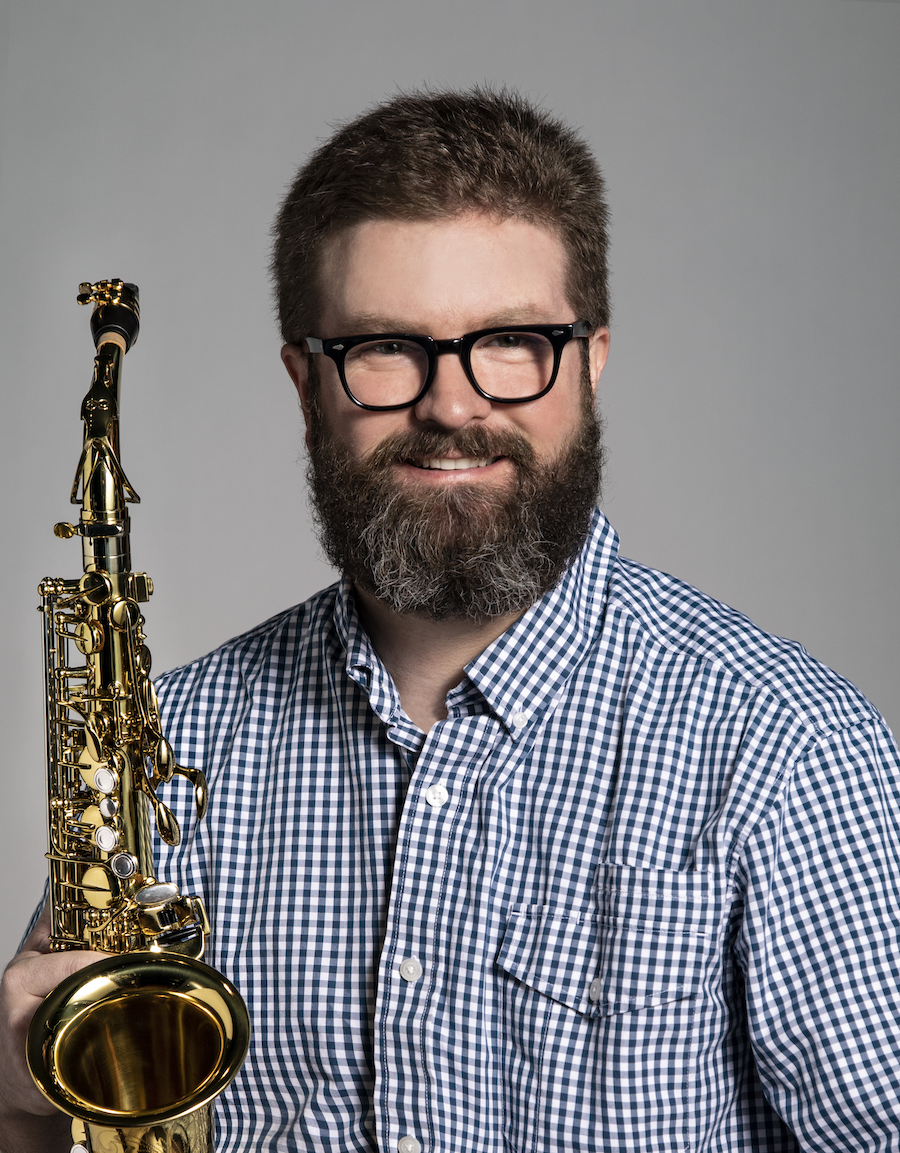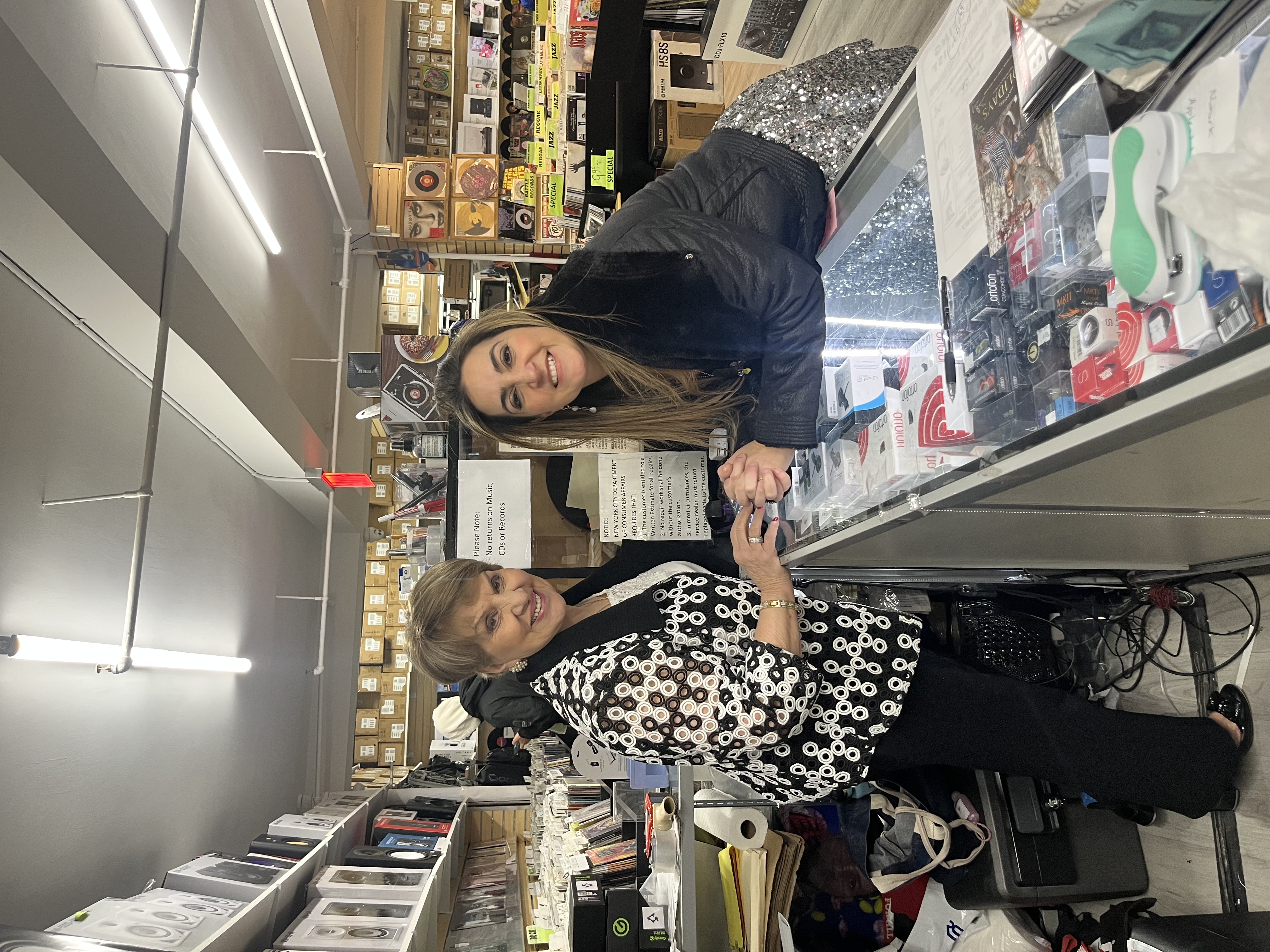
Eastman’s Ryan Richman
Sheryl Laukat of Cannonball Music couldn’t have been more plain-spoken in her assessment of the challenges currently facing the hard-hit band and orchestra market.
“Clearly, manufacturing is down,” she said. “Sales are down for dealers. Teachers are beyond frustrated. Students are only partially showing up to class online. Pro and casual players are discouraged. Cannonball savors every good thing we hear, and every sale. Nothing is taken for granted.”
The overall perspective at Cannonball Music is one of hope. “As a manufacturer, we hope that our hard-working, amazing dealers can hang in there a little longer,” Laukat said. “Our dealers hope that the schools will all be in session soon and that rentals will be as good or double from 2019. The students hope they can all see their bandmates and be able to actually play together as a group. The should-be-crowned teachers hope they can spend a full rehearsal teaching students to love and perform music. Professional or casual players hope for a place to play with an audience, and, in the meantime, they are using their spare time to practice and improve. The time is nearly here. We’ve all paid the price. I believe great things are just around the corner for all of us.”
Eastman Vice President Ryan Richman described the past year as “like no other in memory.” But he said the company has stayed focused on doing what it has always done well amid what has amounted to a “pause” in the market. “Even though it presented unique challenges for all of us in the MI industry, I don’t believe consumers are looking for anything different than before,” he observed. “Value for money is mainly what people look for when making any purchase, including musical instruments.
“During the pandemic we have seen so many schools close, leaving no opportunities for music programs to meet together. Surprisingly, we saw increases in sales of many of our professional products from adult hobbyists and amateurs that had time to pursue music while in their homes.”
Bruce Bush, Hal Leonard’s sales and marketing manager for educational music, noted that despite decreased sales in the school and pro markets, the industry has found several innovative ways to keep everything afloat. “Player masks, bell covers, stand shields and room dividers have been hot items,” he said. “Our Flex-band series, which is designed for any ensemble of five players or more and any instrumentation, has been a lifesaver for many programs that are facing smaller groups with sometimes ‘interesting’ instrumentation. Also, online learning supplements like Essential Elements Interactive have helped teachers sustain lesson programs. Creative and dedicated teachers and players are finding a way to keep things going, and we are now sensing a gradual return to ensemble playing.”
Rulon Brown of Key Leaves senses that professional woodwind players are in a desperate search for meaningful audience connection to help keep paying the bills. “Many are adapting their websites and social media presence to feature some kind of membership program for instructional downloads, PDF sheet music, private performances, play-alongs or pre-recorded lessons,” he said. “As a musician-first brand, Key Leaves is working hard to showcase our endorsing artist family in ways that truly help them reach their audience in the age of COVID.”
Craig Denny, vice president of band and orchestra for St. Louis Music, sees the band instrument and accessory market as a tale of two channels at the moment. “Consumers continued spending throughout the pandemic on instruments that fall into the ‘If I don’t buy it now, I never will’ category,” he said. “Items like soprano saxophones, flugelhorns, even sopranino saxophones comped positively to 2019, while bread-and-butter items such as standard trumpets and clarinets were much tougher to sell through. Strong school service shops had to invent ways to continue their rental business and come to grips with 2020 master order inventory that, in some cases, didn’t even get opened or utilized. SLM has made it a priority to keep in constant communication with these retailers — not only to pitch dealer-friendly programs, which make sense in a crazy year, but to ensure that our retailers see that we understand this coming year has the potential to be just as challenging.” MI
School closings have had a big impact on sales for Rovner Products as well. Fortunately, the company’s worldwide business model protects it from domestic economic downturns. “Because we are distributed internationally, we have seen our sales reflect the surges or contractions of the virus in countries around the world,” said Rovner’s Lynn Reeder said. “The fact that we are international has definitely been to our advantage since the situation here in the U.S. has been quite prolonged. We have certainly taken advantage of everything that’s been available to us from our state and from the SBA, but more important perhaps is the fact that we have engineered our company to be scalable. Until last year that scalability was in response to growth, but 2020 put us to a new test as we were forced to do as much as possible with as few resources as possible.”
Michael Skinner, president of Dansr, which distributes Vandoren and other band instrument accessory brands, said he’s seen limited sales opportunities lately, as the business relies heavily on school programs. But he does report steady sales in the professional and collegiate areas, with mouthpieces, mutes and reeds being at the top of the list. “Uncertainty brings more conservative shopping, which means, ‘Buy what you need and wait for better days’ for the bigger purchases,’” Skinner said. “I think the key to bouncing back from this pandemic in the B&O space will be when school starts in September with no restrictions and double recruiting by our music educators.
Melvin Quinones, president and founder of Victory Musical Instruments, has had the same discussion with many of his dealers over the last couple of months: “There is no denying that the market is changing,” he said. “After a challenging 2020, some companies are adapting, some are striving, but others have been unable, too. The market is up for grabs and it’s fractured.”
But he sees a silver lining to recent contingencies. “The months of March through May of last year were some of the most challenging I have experienced, yet I took the opportunity to connect with musicians and, together, develop new instrument lines that would fulfill their needs. I also spent a lot of time building an infrastructure for the business, my CRM, sales, marketing and logistics strategy. In the second half of last year I saw the fastest growth of my company.” MI










